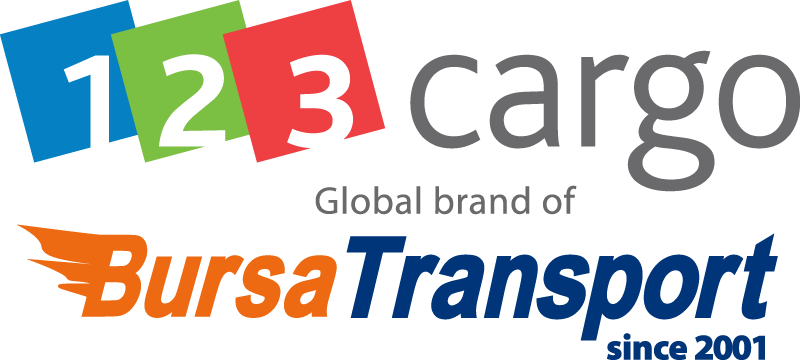The national and international delivery of food products (especially in the case of those made from meat) is based on a series of transport conditions and recommendations regarding their packaging. Here are the main key points that carriers and individuals need to take into account in this regard:
Recommendations for packaging transported food
In the case of individuals who want to deliver food by road, either to a destination in the country or to one in the EU, here are some important recommendations:
- The food products will be packed individually in plastic foils; afterwards they will be placed later in plastic containers;
- A cold package will be inserted under the container in which the food is placed;
- It will be ensured that the storage container is very tightly closed, without the risk of liquids or other foodstuffs leaking from its contents;
- The free spaces inside the storage container will be filled with cushioning materials;
- The transport box will be sealed very well, so that, in the case of an international transport of food that requires a controlled temperature, the use of ice is not a necessity.
Norms and conditions regarding food storage and transport
Regarding road transport of food, European legislation requires carriers to follow a series of very clear amendments. Here are just some of the most important normative acts in this regard:
- Perishable food will be transported with refrigerated means of transport, including equipment for temperature control and recording. For transport within the same city, or with a duration of less than 4 hours, isothermal means of transport may be used;
- The meat is transported hanging on stainless steel hooks;
- It is allowed to transport food in the form of raw materials and semi-finished products, together with finite products that are consumed without other heat processing, if appropriate conditions are provided for each category.
- The food transport will have documents that can certify the fact that the products have been received, according to the normative acts in force.
- The manufacturer is obliged to ensure the transport of the products only in authorized car.
- The means of transport must be arranged and equipped according to the nature of the transported product, and on the outer walls will be inscribed the name of the respective products (meat, bread, dairy products, etc.); The exterior walls and the platform will be made of resistant, waterproof, easy to clean materials.
Questions on the international transport of food
Here are some of the most important questions we have received from our clients:
Can food be sent by courier?
Indeed, this is possible, if they are packaged in accordance with the legal provisions we have mentioned in the above lines, so that they do not suffer considerable damage. It is not recommended to send perishable food or food prepared at home.
Can international food parcels be transported?
Check if in the case of the chosen courier service there is also this option. Usually, transport companies also make international food deliveries, especially in the member states of the European Union, the reason being determined by the lack of customs controls (except for Ireland and Great Britain).
It is important to mention that the senders of some food packages are responsible for their quality, once the package arrives at the destination. In the case of such transports, the way in which the food is packaged (read above) is vital for keeping them in the best possible conditions.
Is there insurance for the international transport of food?
Carefully consult the "Terms and Conditions" section of the courier company's website through which you want to deliver food to the EU. If there is a clear list of specifications on how to pack food, it is essential to follow them. Even in these conditions, it is not mandatory for the company to ensure the safety of your package until the destination. Most of the time, you will be entirely responsible for the package of food you want to ship.
Vlad Vrinceanu, DWF - 123cargo partner


